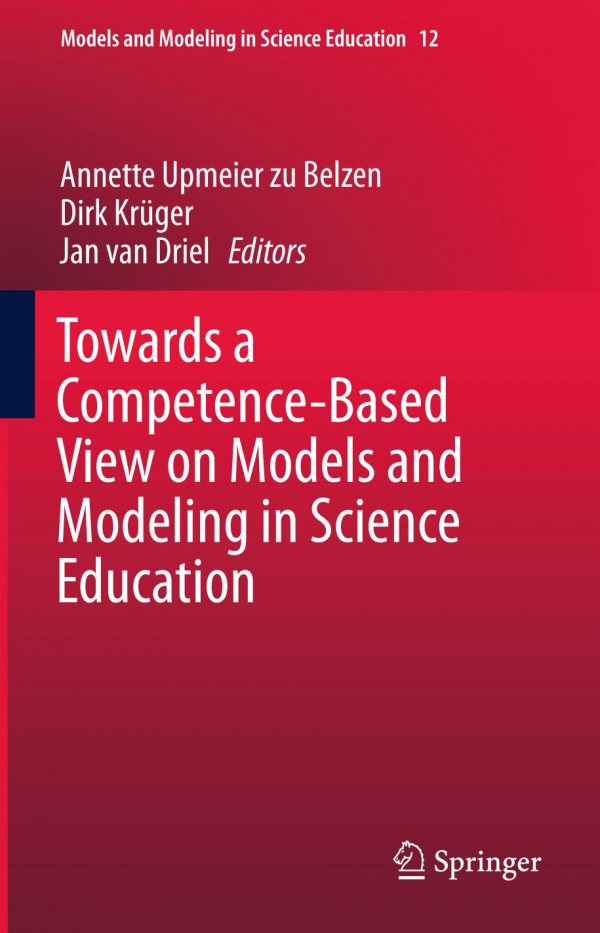

Most ebook files are in PDF format, so you can easily read them using various software such as Foxit Reader or directly on the Google Chrome browser.
Some ebook files are released by publishers in other formats such as .awz, .mobi, .epub, .fb2, etc. You may need to install specific software to read these formats on mobile/PC, such as Calibre.
Please read the tutorial at this link. https://ebooknice.com/page/post?id=faq
We offer FREE conversion to the popular formats you request; however, this may take some time. Therefore, right after payment, please email us, and we will try to provide the service as quickly as possible.
For some exceptional file formats or broken links (if any), please refrain from opening any disputes. Instead, email us first, and we will try to assist within a maximum of 6 hours.
EbookNice Team

Status:
Available0.0
0 reviewsThe book takes a closer look at the theoretical and empirical basis for a competence-based view of models and modeling in science learning and science education research. Current thinking about models and modeling is reflected. The focus lies on the development of modeling competence in science education, and on philosophical aspects, including perspectives on nature of science. The book explores, interprets, and discusses models and modeling from the perspective of different theoretical frameworks and empirical results. The extent to which these frameworks can be integrated into a competence-based approach for science education is discussed. In addition, the book provides practical guidance by outlining evidence-based approaches to diagnosing and promoting modeling competence. The aim is to convey a strong understanding of models and modeling for professions such as teacher educators, science education researchers, teachers, and scientists. Different methods for the diagnosis and assessment of modeling competence are presented and discussed with regard to their potential and limitations. The book provides evidence-based ideas about how teachers can be supported in teaching with models and modeling implementing a competence-based approach and, thus, how students can develop their modeling competence. Based on the findings, research challenges for the future are identified.